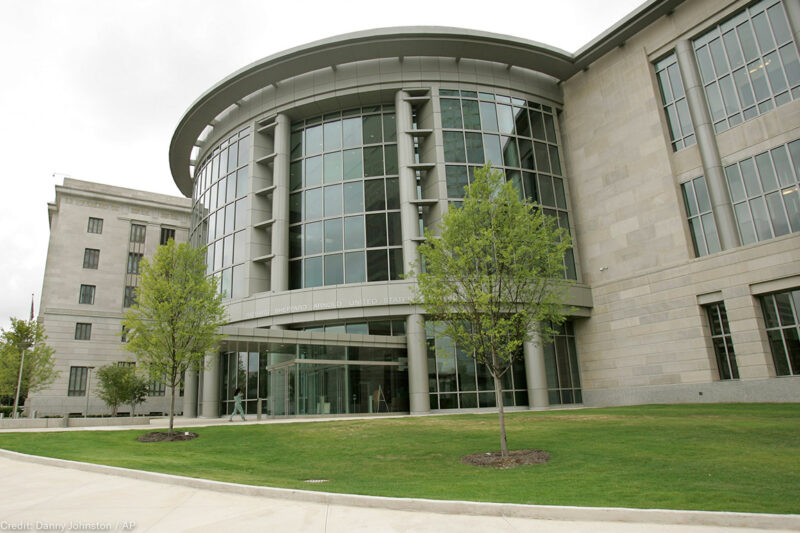
The ACLU is in a federal appeals court on Thursday, challenging a slate of Arkansas laws intended to prevent women from being able to get abortions. One of the four laws we are challenging is a ban on the dilation and evacuation (D&E) procedure, a safe and effective abortion method. If enforced, the ban would prevent women from being able to obtain an abortion at all.
Arkansas’ ban is part of an anti-abortion campaign being orchestrated by states across the country. Already, Kansas, Oklahoma, Texas, Louisiana, Alabama, and Kentucky have passed similar bans. But so far, every court to examine these laws has seen them for what they are — blatant attempts to ban abortion and prohibit physicians from using their best judgment in caring for their patients.
The motivation behind these restrictions is not grounded in medicine or science. Major medical groups like the American Medical Association and American College of Obstetricians and Gynecologists have long spoken out against D&E bans. And, this year, the National Academies of Science, Engineering, and Medicine concluded that D&E is the “superior method” of abortion after the earliest weeks of the second trimester.
D&E bans are just the latest attempt by politicians to insert themselves into the exam room and try to micromanage medicine in order to score political points. In doing so, they are infringing upon doctors’ best judgment and a woman’s ability to get the care that is safe and most appropriate for her.
States like Arkansas have been at the forefront of this coordinated national anti-abortion strategy, with politicians enacting a panoply of restrictions designed to make it impossible for a woman to get the care she needs.
The other restrictions we are challenging in Arkansas include a requirement that abortion providers notify a woman’s partner or other family members of her abortion decision, which would jeopardize a woman’s confidentiality and in some cases enable them to block her abortion; unnecessary, burdensome requirements to report a young woman’s abortion to local police in a way that invades her and her family’s medical privacy and comes on top of already-robust mandatory reporting requirements; and a medically unnecessary requirement that abortion providers track down a woman’s medical records from prior pregnancies to assess her reasons for seeking an abortion — which is meant to burden providers, violate physician-patient confidentiality, and delay or outright block women’s care.
Arkansas is not alone in these efforts to obstruct abortion access. Kentucky has also attempted to ban D&E abortions. The Kentucky legislature also attempted to shut down the Commonwealth’s last abortion clinic without any medical justification, and passed a law mandating that women undergo a forced, medically unnecessary ultrasound prior to abortion, designed to shame them and stigmatize abortion care. We challenged that law too, and a federal court blocked it last year.
We know exactly what the anti-abortion movement’s end goal is — to ban abortion in the United States. We will do everything in our power to fight these laws in the courts so that all women can get the abortion care they need.
Sign up for the ACLU's Best Reads and get our finest content from the week delivered to your inbox every Saturday.

